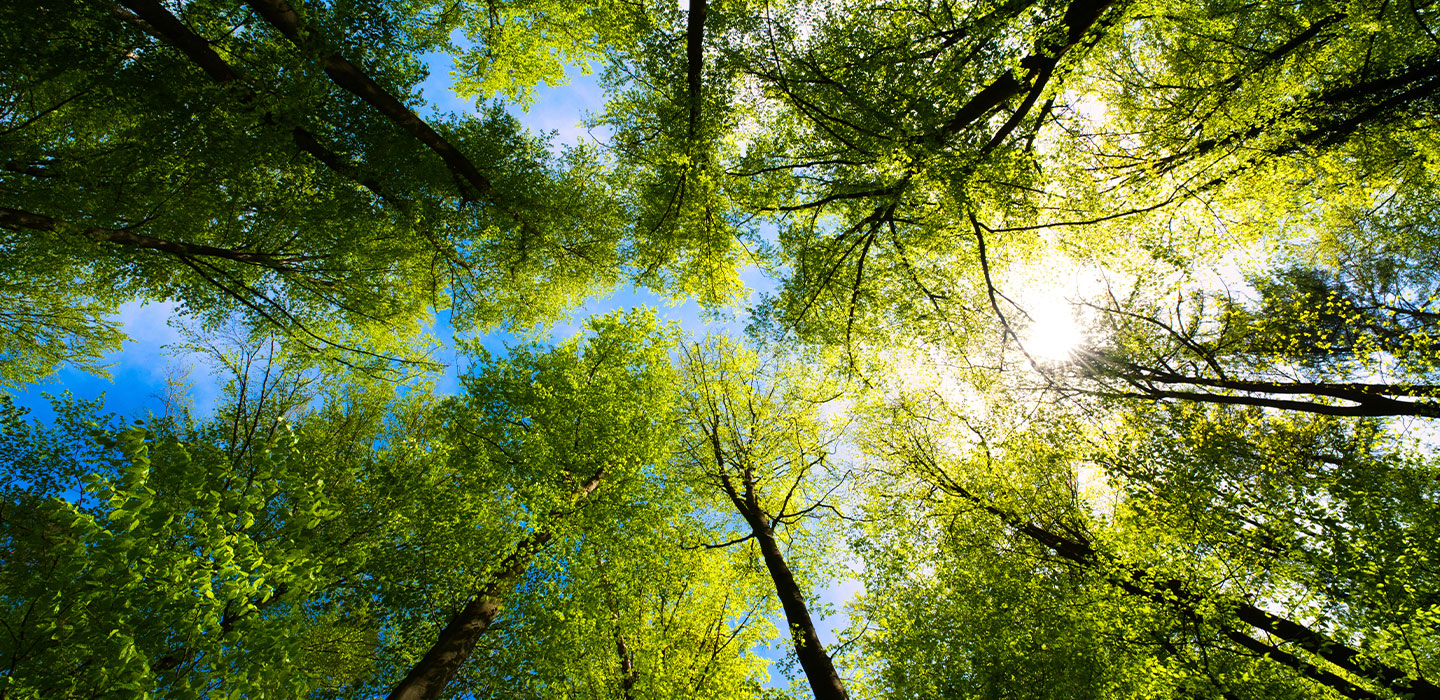當我住在北京的時候,我周圍都是世界上最偉大的文化遺產,例如長城、故宮和天壇。同時我也生活在世界上生物多樣性最豐富的土地上,這裡有34,687種已知的植物和動物。現在,中國正種植700億棵樹,將在這片土地上鋪上綠色的森林。
我是The China Current 的主持人周柳建成,帶您窺探明日世界和各地人們的故事。
以任何標準來衡量,種植700億棵樹都是巨大的工程。這相當於中國14億人口中的每一個人都有50棵樹。一旦完成,約36,000公里土地將會被樹木覆蓋。這面積較比利時還要大,是斐濟的兩倍。但這意味著什麼?以及對未來的影響是什麼?
現代中國在經濟上的成功讓我們聯想到摩天大樓、空氣污染和蜿蜒於城市的交通堵塞。這些當然是事實。
但是中國也有山脈、廣闊的草原和整個沙漠。多年來,「這些事實」變成了「另一個事實」。
目前中國23%的土地面積是林地,這是幾十年來植樹計劃的成果。下一個目標是到2025年將林地的比例提高到24.1%。這是可實現的目標,因為之前定下的目標都達到了。從1990年到2020年,中國的森林覆蓋面積從1.57億公頃增加到2.2億公頃。再增加700億棵樹將進一步放大綠化的效果。
在國際組織世界經濟論壇上,聚集了全球與會者來改善世界的狀況。在論壇上提出了一個名為1t.org的新倡議:在2030年之前保護、恢復和種植一萬億棵樹。這也是為貧困、飢餓和教育的全球目標定下的最後期限。這一挑戰是由世界森林的命運決定。沒有森林,我們就無法生存。森林可以調節溫度,在人類和洪水之間形成屏障,並供應地下水以令人類的食物生長。
簡單地說,植物讓我們活著。同時很多以植物為基礎的藥物也逐漸被發現和應用,其中包括中國科學家屠呦呦用來治療瘧疾的甜味艾草品種。她因此獲得了諾貝爾獎。因此,在多個層面上,700億棵樹將對確保人類的未來起到很大的作用。
植樹也保護了將近2000萬人的生活,沒有植樹項目,他們將在貧困中煎熬。在中國種樹,他們可以獲得穩定的家庭收入,樹木反過來又有助於維護整個社區。但是,擁有更多樹木之最終目的,是改善人們所依賴的當地生態系統的健康,同時也向所有人展示如何在生活中保持與自然界的平衡。
我覺得我們需要牢記的是給未來創造機會。種樹,種700億棵樹是好的。但是在疫情期間,當人們的行動力和意願有所動搖時,別忘了最終的遠大願景是實現一個淨零排放的世界。與1t.org這樣的倡議合作,可以確保建設一個和平地球的夢想不限於一個國家。可以利用它來推動一場運動,讓每個人都知道這是關於自己權益的利害攸關的一件事。
700億棵樹是通往這個關鍵點的一個巨大飛躍。
When I lived in Beijing, I lived beside some of the world’s great monuments to civilization from the Great Wall to the Forbidden City, and the Temple of Heaven.
But I was also living on some of the most biodiverse land in the world with 34,687 known species of plants and animals.
Now, China is planting 70 billion trees that will carpet that land in a green forest.
I‘m James Chau, Host of The China Current, with a glimpse into tomorrow’s world and stories about the human experience everywhere.
70 billion trees is huge by any standards.
That’s 50 trees for every one of China’s 1.4 billion people and once it’s done it will have trees covering an area of some 36,000 km.
That’s bigger than Belgium and twice as large as Fiji.
But what does this mean? And what’s the impact ahead?
The modern Chinese economic success story makes us think about skyscrapers, air pollution and traffic jams snaking their way through cities. And that’s certainly true.
But there’s also mountain ranges, vast grassland, and entire deserts that over the years have transformed ‘this’ to ‘this’.
23% of China is forested area, the result of decades of tree-planting programs. The next target is to push the proportion of forested land to 24.1% by 2025. It can be done because it’s been done before.
From 1990 to 2020, China’s forest cover grew from 157 million hectares to 220 million hectares. And adding another 70 billion trees will amplify the impact.
The World Economic Forum is an international organization that gathers global actors to improve the state of the world.
It has a new initiative called 1t.org to conserve, restore and grow one trillion trees by the year 2030, the same deadline for global goals on poverty, hunger and education.
The challenge is shaped by the fate of the world’s forests, without which we can’t survive. Forests regulate temperatures, form a barrier between humans and flooding, and supply the groundwater that grows our food.
Simply, they keep us alive while also aiding the discovery of plant-based medicines including a sweet wormwood species that the Chinese scientist Tu Youyou used to treat malaria, winning her the Nobel Prize.
So, on multiple levels, 70 billion trees will go a long way to securing the future of humanity.
But it also protects the lives of 20 million people now who otherwise would languish in poverty.
Tree planting in China provides them with a stable household income, which in turn helps sustain whole communities.
But having more trees ultimately improves the health of the local ecosystem on which these people depend, while showing all of us how to live in balance with the natural world.
I think what we need to keep in mind is the opportunity ahead. Planting trees, even 70 billion of them, is well and good. But the big vision is to achieve a net zero emission world at a time when the ability and willingness to do that has wavered for some people during the pandemic.
Partnering with initiatives like 1t.org ensures that the dream to build a peaceful planet is not limited to one country, but uses it to propel a people movement where everyone knows that they have ownership and an interest at stake.
70 billion trees is one giant leap to that magical point.

